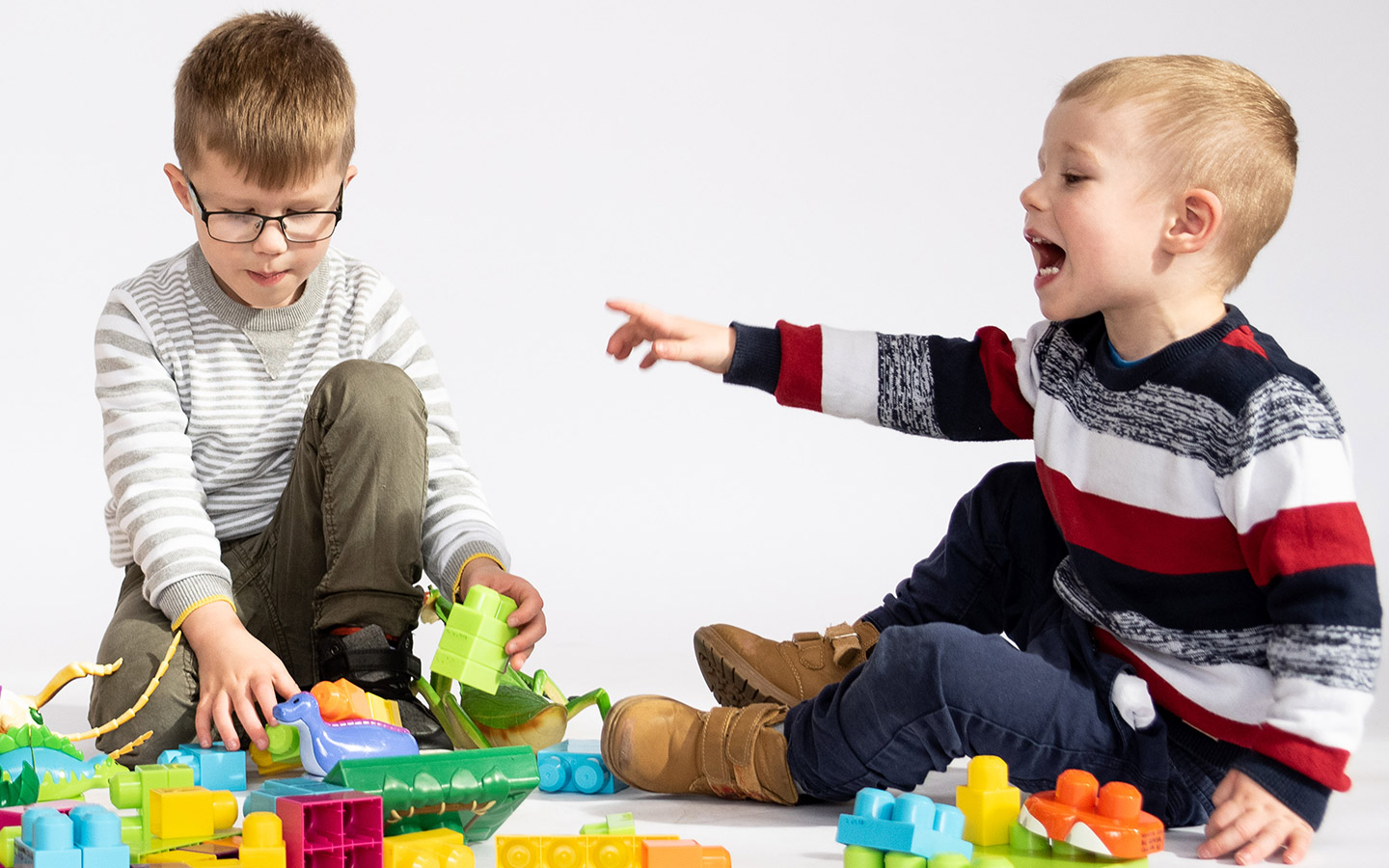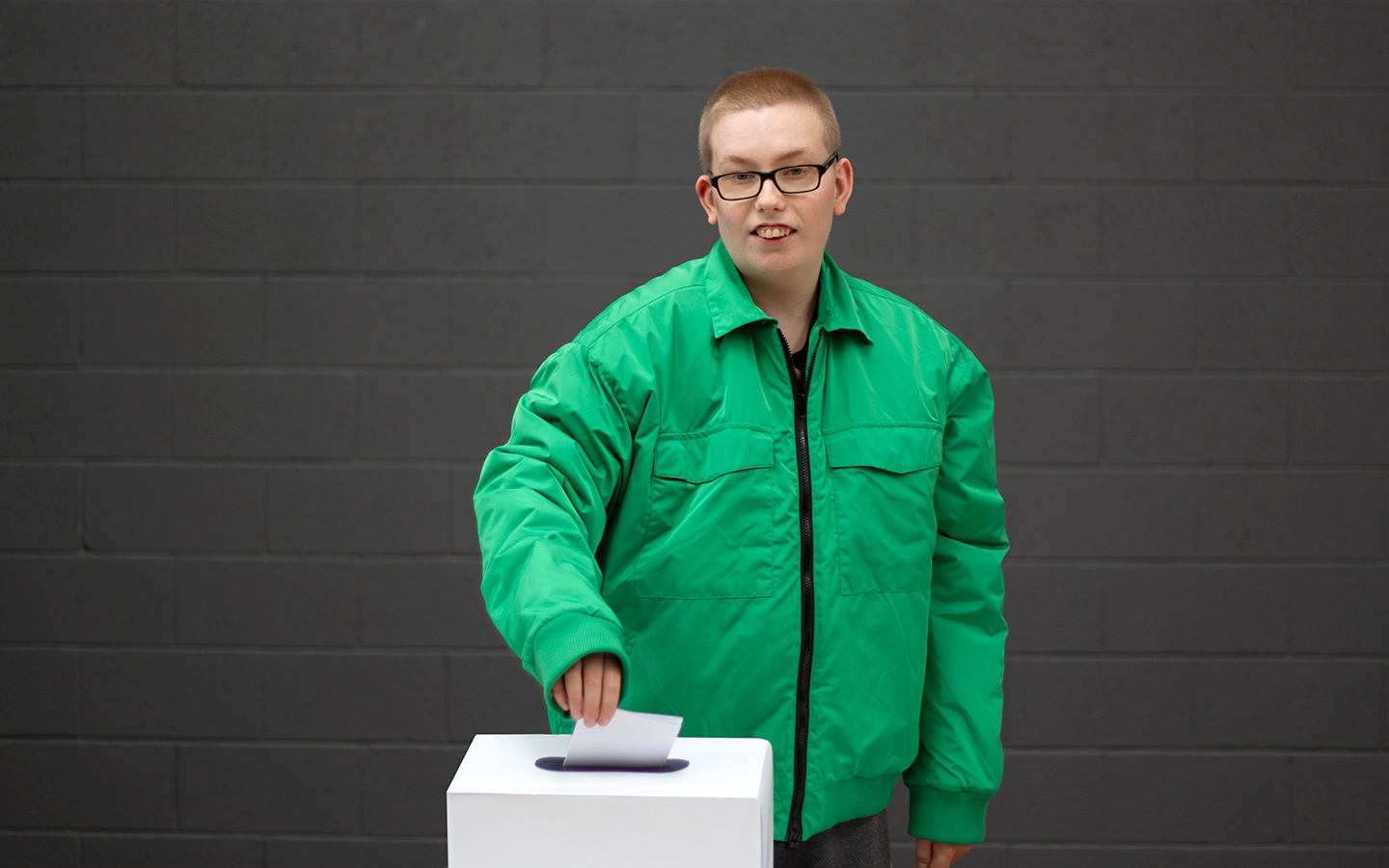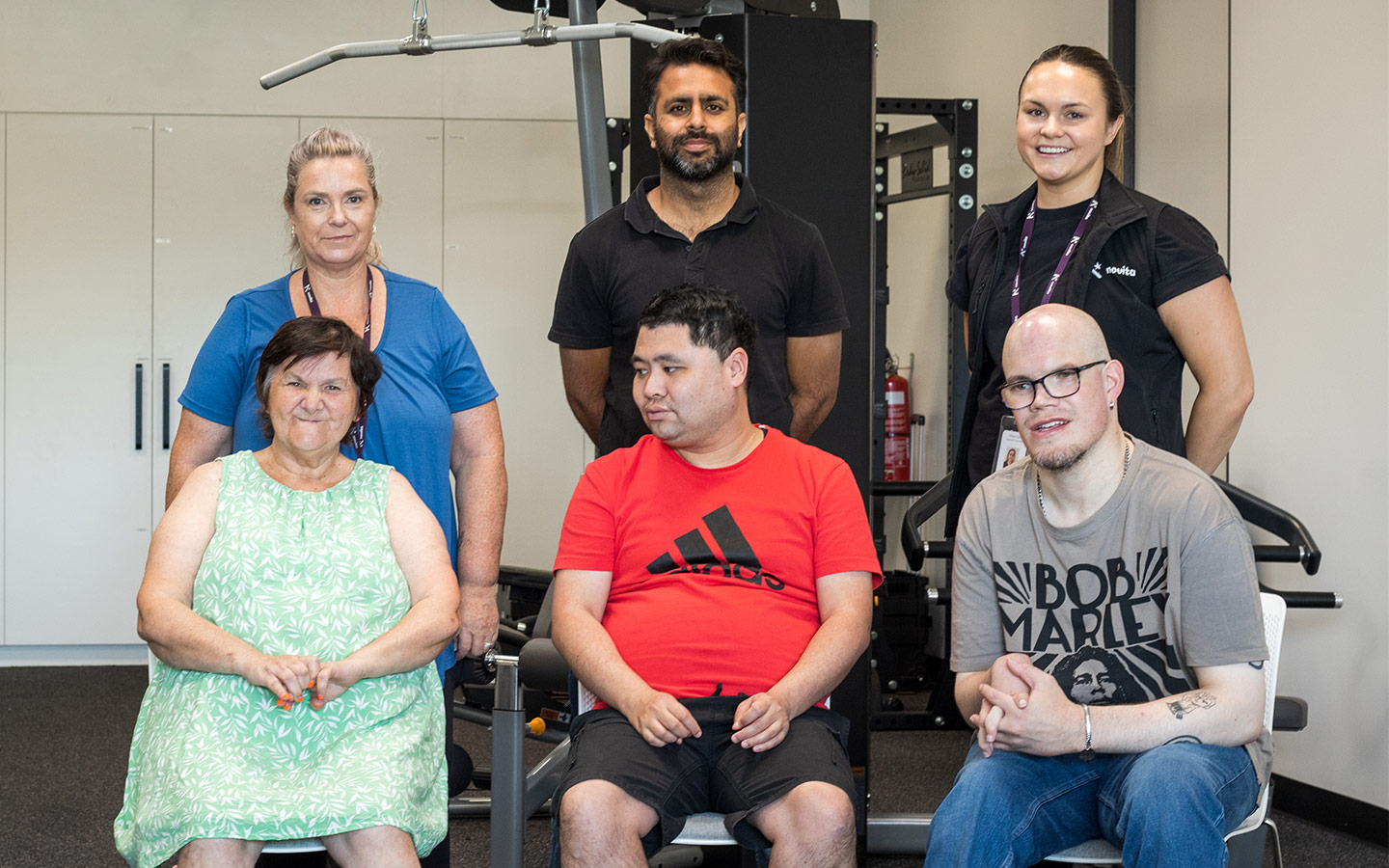Resources
Supporting your kids to deal with bullying and teasing
access_time5min read

Bullying and teasing at school, in the playground and online can have a significant impact on the physical and mental welfare of young people.
It can also be very stressful for parents and families. So what can you do if your kids are being bullied? We have put together some tips and strategies from our therapists to help you handle bullying and teasing.
Talk to your kids
Having a conversation with your kids about bullying and teasing – whether they have been bullied or you’re trying to prevent it – is the best way to support them.
There are a number of important themes and issues you can include when you’re talking to your kids:
You can validate their emotions. Actively listen to your kids, notice and label their emotions. Use statements such as “I can see you’re feeling very hurt by that” to help model language around how they are feeling, and to show that you have heard and understood them. Let your kids know that the emotions they are feeling are natural and valid.
Support their self-esteem and encourage them to embrace their individuality by talking to them about their positive qualities – not just when or if they are being bullied or teased, but in the day-to-day conversations you have with them. Knowing that they have good qualities can help them feel good about themselves. It can also help to ensure they have regular opportunities to experience a sense of success, by engaging in opportunities that showcase their strengths.
Role playing
Practise with your kids how they might respond to bullying and teasing, and what they might say. For example, teach your kids to act like they aren’t bothered by bullying or teasing by shrugging their shoulders and walking away. It can also help to practise how they might seek help from an adult (e.g. a teacher). Practising will give your kids confidence to handle bullying and teasing if they’re confronted with it at school or in the community.
Kids will tease other kids in the hope that they’ll get a reaction. By teaching kids to respond in ways that suggest they aren’t bothered by teasing comments, we can ensure our kids don’t do anything to reinforce the bullying. For example, you might provide your child with a list of responses to teasing comments – such as “whatever” or “meh, who cares” – to practise with you in the safe home environment. These responses can be paired with physical responses such as shrugging their shoulders and rolling their eyes. However, it is always important for them to only use these responses if they think it will be safe to do so. They can always walk away and seek help from an adult or another trusted person.
Can your school help?
It’s likely that if your kids are being bullied or teased, it’s happening at school. Schools have great anti-bullying programs and do their best to minimise it – however it can still happen!
If your kids are being bullied at school, make a time to talk to the teacher– this will help you understand the circumstances and why it might be happening. It can be hard for you to respond to bullying and teasing if you don’t know the full facts. Working collaboratively with the school and teachers can be a great way to come up with a plan to tackle bullying and teasing, or potential bullying and teasing.
Try to connect your kids with others at school that might have similar interests – read the same books, listen to the same music, play the same games. Support your kids to make new friends in the schoolyard.
You can read more about supporting your kids to make friends here.

Preventing bullying and teasing
Prevention is better than cure, as they say. Prevention is a team effort – it’s bigger than an individual or a family. Everyone in your kid’s life, including family, friends, schools, and teachers, should be involved in efforts to prevent bullying and teasing. There are also some important things you can talk to your kids about to try to prevent bullying and teasing, especially when they’re young.
There are some potential signs of bullying and teasing that you can look out for:
- your kids might be quieter and more withdrawn than usual – for example, they might be spending more time in their room
- they might have a reduced desire to socialise
- they might try to avoid going to school by saying they are sick
- they might talk about school and other kids more negatively than usual
- they might get defensive when you ask them about school – comments like “it doesn’t matter”
- they might seem more angry than usual – giving snappy responses and even displaying physical aggression
- they might be more anxious than usual – such as making a lot of “what if…” statements.
You can learn more about the signs of bullying and teasing at this great website.
Start talking to your kids and teaching them from a young age about social skills, and support them with their communication and conversation skills, as well as their skills to manage conflict. You can also talk to your kids about making positive friend choices. For instance, kids at school that might have similar interests.
If your kids enjoy playing games, especially online gaming, teach them the best and most appropriate ways to respond to winning and losing.
Some more tips aimed at helping your kids to be good sports can be found here.
Cyberbullying
With more and more kids playing online games, cyberbullying is becoming as much of an issue as bullying and teasing at school or in the community. There are several important issues you can talk to your kids about to prevent – or respond to – cyberbullying.
Make sure your kids understand that they shouldn’t use their first and/or last name if they’re gaming online, especially if they are part of a gaming ‘community’. Talk to them about a fun ‘username’ they could use that doesn’t identify them. And remind your kids not to communicate with strangers when they’re online.
If your kids use any social media platforms, you can take some basic precautions such as switching off the comments feature on Instagram, and removing the ‘follow-unfollow’ feature from Facebook. You can even set the ‘do not disturb’ feature on their smart phone.
Talk to your kids about not responding to messages – they can often be misunderstood. Ask you kids whether they would be happy for you to read the messages as well.
You can also suggest other activities that might distract your kids from online gaming or social media.
Hopefully your kids won’t experience bullying or teasing. However if they do, these great tips can go a long way to helping you support your kids in the most appropriate ways.
Your Novita therapist is also available to talk to you and support your family if your kids are experiencing bullying or teasing. For more information please contact our Customer Experience Team on [email protected] or call 1300 668 482.


